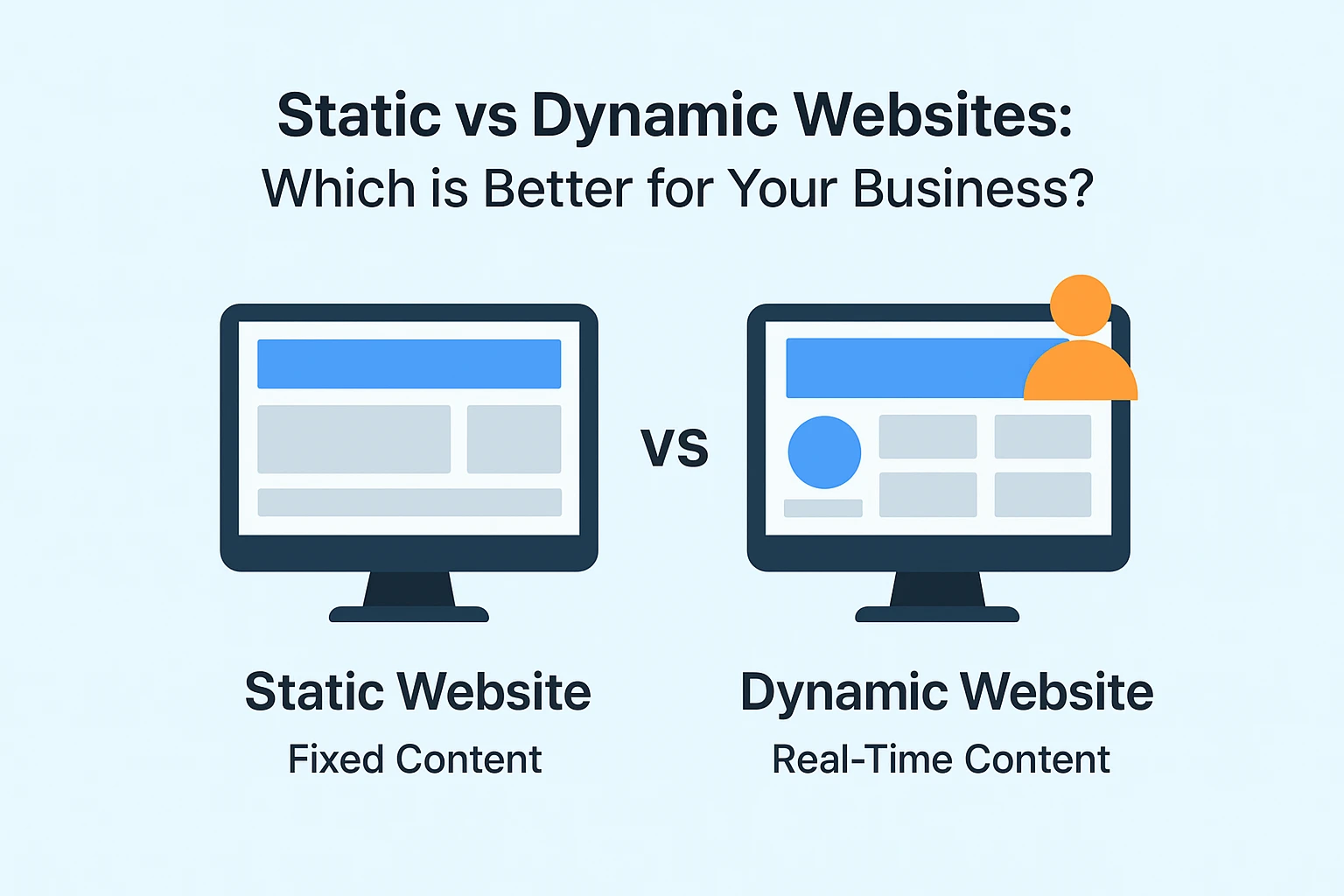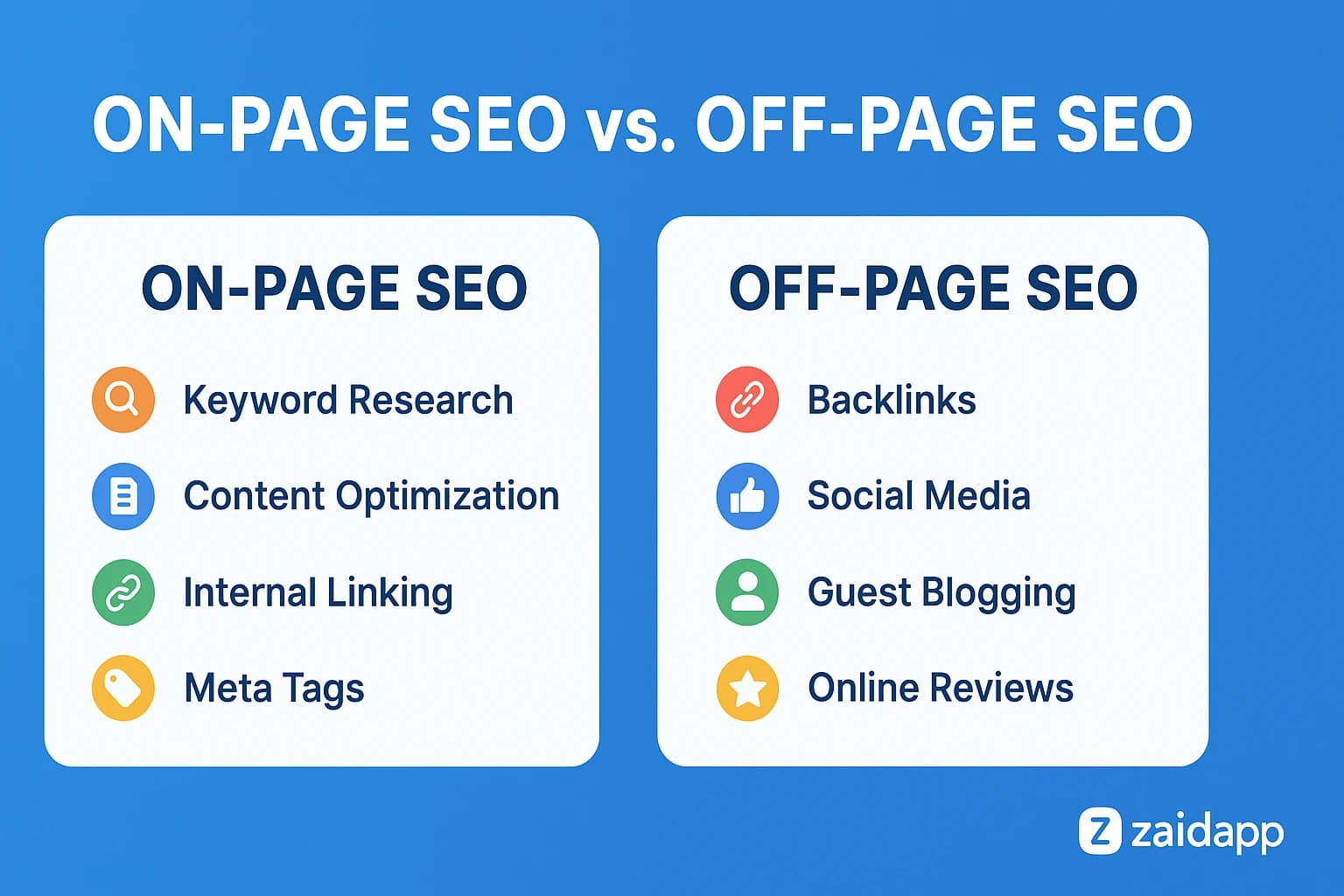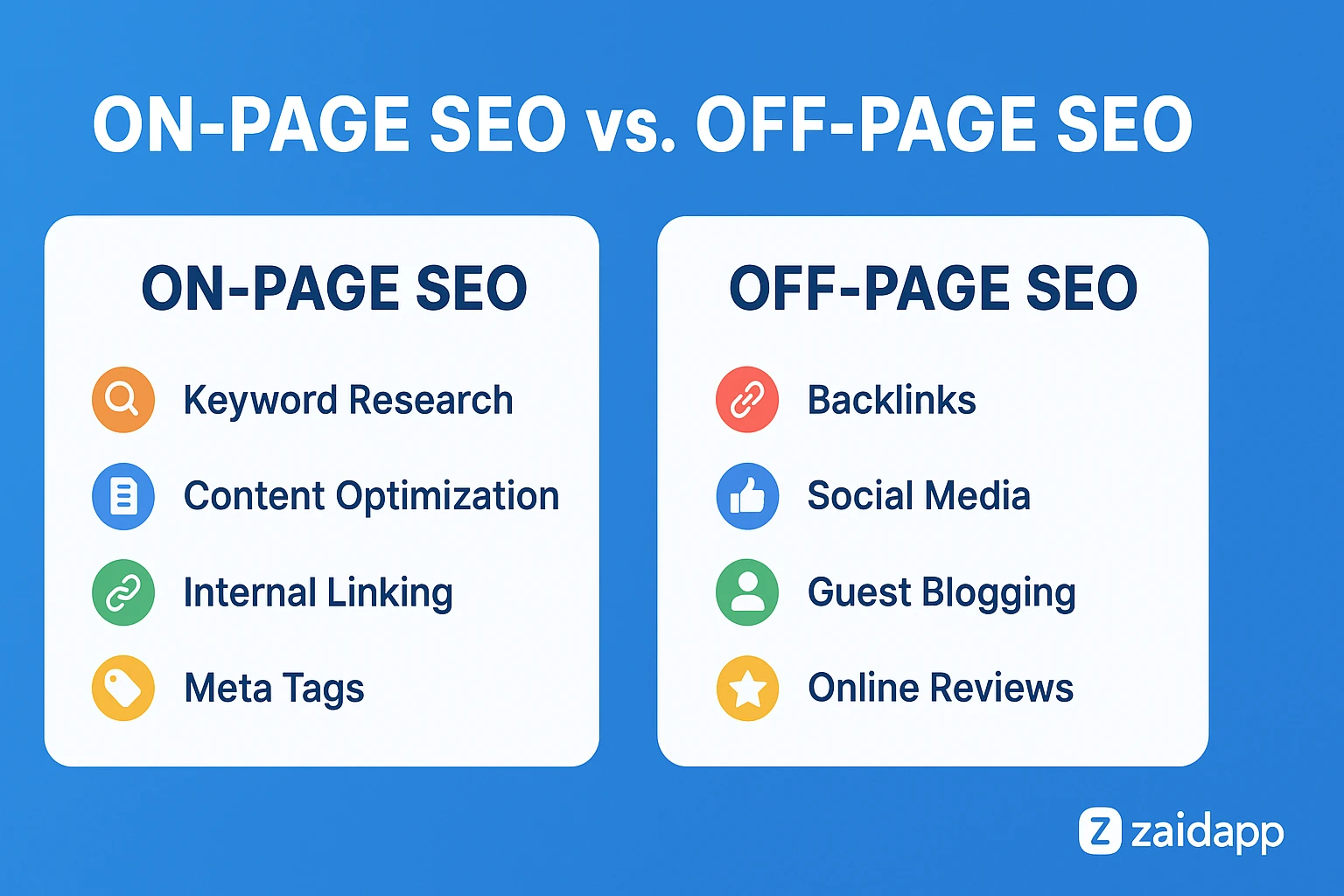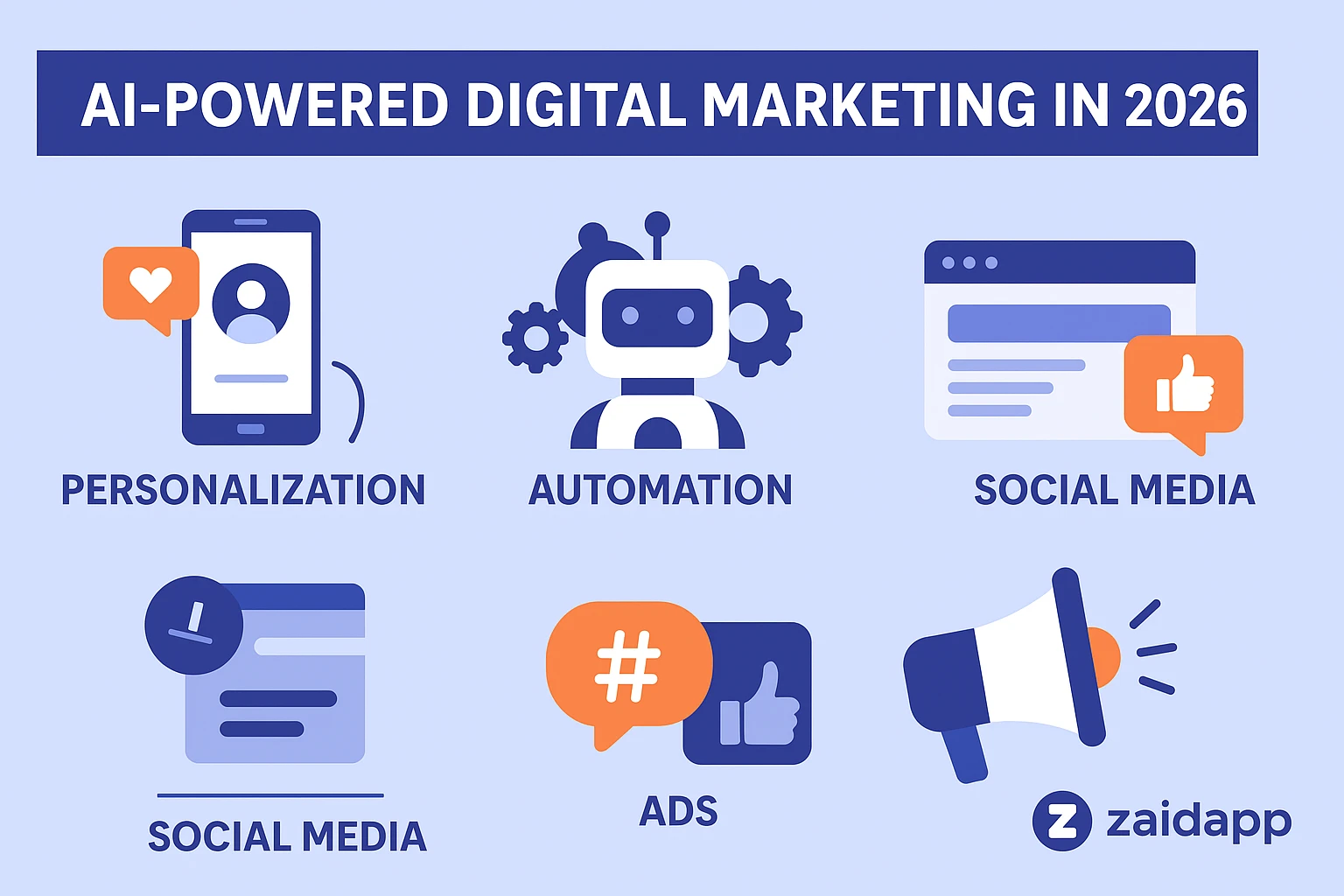Loading

In today’s digital-driven business landscape, software is no longer just a supporting tool—it’s the backbone of growth, innovation, and customer experience. From startups to multinational enterprises, companies depend on technology to streamline operations, boost productivity, and create competitive advantages.
Yet, when it comes to choosing the right software, businesses often face a pivotal decision: Should you invest in custom software development, or should you adopt an off-the-shelf solution?
This decision isn’t just about cost—it’s about aligning technology with long-term goals, operational efficiency, and scalability. Let’s explore both options in depth to help you determine what’s right for your business.
Custom software development refers to the process of designing and building software tailored specifically to a business’s unique requirements. Unlike pre-built solutions, custom applications are crafted from the ground up to address particular challenges, workflows, and objectives.
Personalization: Built to fit the company’s unique processes.
Scalability: Evolves as the business grows.
Security: Designed with specific compliance and industry regulations in mind.
Integration: Seamlessly connects with other internal tools and systems.
A logistics company developing a custom route optimization platform.
A hospital creating a patient management system tailored to compliance standards.
An e-commerce brand designing its own AI-driven recommendation engine.
Off-the-shelf software, also known as commercial or packaged software, refers to ready-made applications developed for mass use. These tools are available to purchase or subscribe to and can be quickly deployed.
Predefined features suitable for a wide range of industries.
Cost-effective entry point for small to mid-sized businesses.
Regular updates and vendor support.
CRM: Salesforce, HubSpot
Accounting: QuickBooks, Xero
Project Management: Trello, Asana, Jira
Collaboration: Microsoft Teams, Slack
Custom software adapts as your business grows, allowing you to add features without being restricted by vendor limitations.
Industries such as healthcare, banking, and legal services demand strict compliance. Custom solutions can be built with these requirements at their core.
Owning unique software can differentiate your business from competitors who rely on generic tools.
Custom solutions require significant upfront capital compared to ready-made options.
Building from scratch means a longer wait before deployment.
You’ll need a capable in-house team or a reliable development partner.
One of the biggest advantages of off-the-shelf software is affordability. Since it’s designed for a broad audience, the development cost is spread across thousands of users, making the price per customer much lower.
Unlike custom software that can take months or even years to develop, off-the-shelf solutions are available immediately. Businesses can purchase, install, and start using them in a matter of hours or days.
Most commercial tools come with professional customer support, regular updates, and extensive online communities where users share troubleshooting tips and best practices.
Packaged software is designed to serve a wide market, which means customization options are limited. Businesses often end up adjusting their processes to fit the tool instead of the other way around.
While the initial cost may be low, ongoing subscription fees, licensing restrictions, and add-ons can drive up expenses over time.
Off-the-shelf tools may not scale efficiently as your business grows. Adding users, storage, or advanced features often requires costly upgrades or enterprise-level plans.
Before committing to custom or off-the-shelf solutions, it’s crucial to evaluate several key factors.
Off-the-shelf may be cheaper upfront, but custom software can deliver higher long-term ROI by eliminating recurring fees.
Consider total cost of ownership, including licensing, upgrades, and maintenance.
Regulated industries (healthcare, finance, government) often benefit from custom solutions tailored to compliance standards.
General businesses with common needs (HR, payroll, communication) may do well with off-the-shelf options.
If your organization uses multiple specialized tools, custom software can ensure seamless integration.
Off-the-shelf may require additional connectors or middleware.
Factor | Custom Software | Off-the-Shelf Software |
|---|---|---|
Cost | High upfront, lower long-term | Low upfront, recurring costs |
Deployment Time | Months to years | Immediate |
Customization | Fully tailored | Limited |
Scalability | High, grows with business | Limited, upgrade costs apply |
Security | Industry-specific, highly secure | Standardized, potential vulnerabilities |
Support | Developer or in-house team | Vendor and community |
Ownership | Full control | License-based |
If your organization has workflows that generic tools can’t accommodate, custom development ensures you don’t compromise on efficiency.
Large-scale enterprises or fast-growing startups benefit from scalable solutions that evolve with their business strategy.
Companies with limited budgets or immediate needs can benefit from ready-made solutions without a heavy financial burden.
If the software is needed for temporary use or to handle common processes like payroll or task management, off-the-shelf is ideal.
Many businesses are finding success in combining both approaches.
A company may use off-the-shelf tools like Salesforce or Slack but integrate them with custom-built modules for specialized needs.
An e-commerce brand using Shopify (off-the-shelf) integrated with a custom-built AI analytics engine.
A hospital using Microsoft Teams for collaboration but integrating it with a custom electronic health records (EHR) system.
 Previous Post
Previous PostStatic vs Dynamic Websites: Which is Better for Your Business? Learn the pros, cons, and key differences to help you choose the best website type for your brand
 Next Post
Next PostDiscover the top SEO strategies in 2026 for ranking faster on Google. Learn expert techniques, AI-driven SEO tips, and proven methods to boost traffic.
No comments yet. Be the first to comment!




